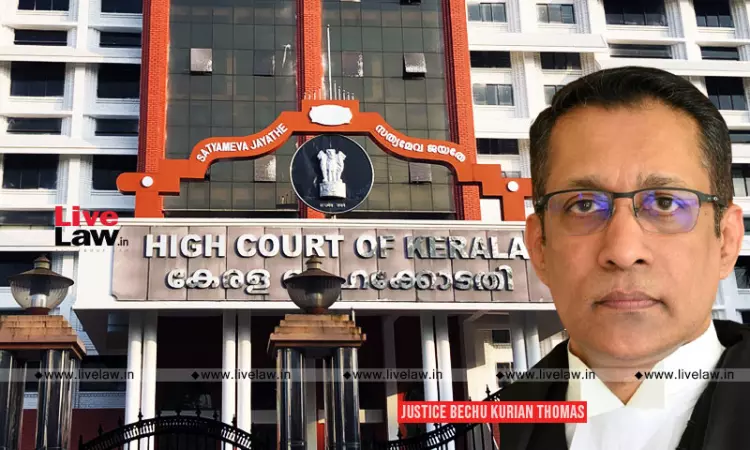Guardian Of Minor Driving Vehicle Without Licence Can Be Prosecuted U/S 199A MV Act Even Before Determining Minor's Guilt: Kerala HC
Tellmy Jolly
24 Jun 2024 5:23 PM IST

But guardian will have to be discharged if Juvenile Justice Board concludes that minor is not guilty.
Next Story


